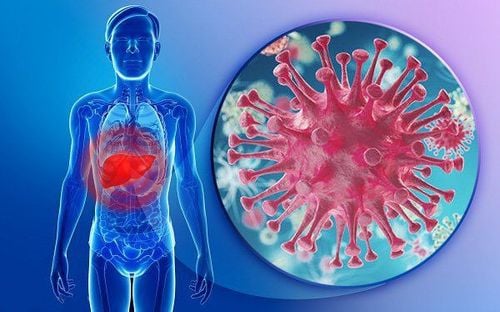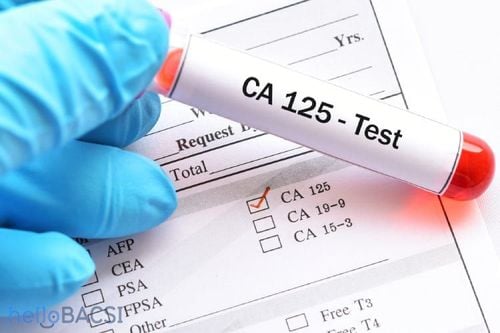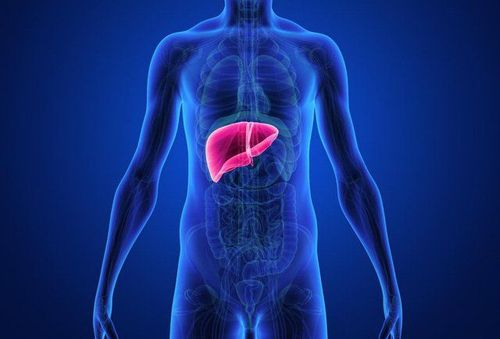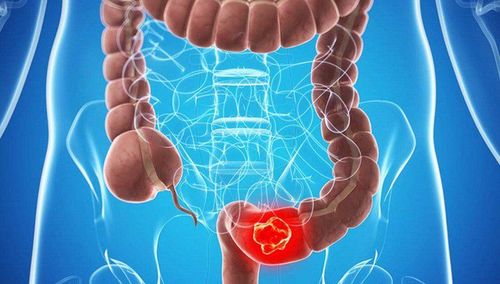This is an automatically translated article.
Cancer markers are used to detect, diagnose and monitor treatment for some cancers. Cancer that is not diagnosed early inevitably leads to death. All current treatment measures (surgery, chemotherapy, radiation therapy, etc.) significant limitations. Therefore, early detection of cancer by tumor markers is extremely important.
1. What is cancer?
Cancer is a disease in which the proliferation of abnormal cells occurs at a high rate, creating in the body a strange organization consisting of young cells, strongly metabolizing, crowding surrounding tissues. surrounding and competing for nutrients...
Cancer that is not diagnosed early inevitably leads to death, all current treatment measures (surgery, chemotherapy, radiation therapy.. .) if implemented at a late stage, there are significant limitations. The death rate of cancer in the world is very large, ranking second after the death rate of cardiovascular disease.
2. What is a cancer marker?

Tumor markers are substances produced by cancer cells or other cells of the body in response to cancer or certain benign diseases. Cancer markers can be detected in the blood, urine, stool, tumor tissue or other tissues, or in the body fluids of some cancer patients.
Most cancer markers are antigenic proteins but not all cancer antigens can be used as cancer markers. Recently, gene expression features and DNA changes have also begun to be used as cancer markers. Currently, more than 50 different cancer markers have been identified and used clinically. They can be protein molecules, nucleic acids, hormones, some enzymes, and even some special cells.
Trắc nghiệm: Thử hiểu biết của bạn về bệnh ung thư
Ung thư là nguyên nhân gây tử vong hàng thứ 2 trên thế giới. Thử sức cùng bài trắc nghiệm sau đây sẽ giúp bạn có thêm kiến thức về yếu tố nguy cơ cũng như cách phòng ngừa bệnh ung thư.
Bài dịch từ: webmd.com
3. Criteria for a cancer marker
Cancer markers must be specific for cancer, concentrations proportional to tumor volume, detectable at an early stage of the disease, accurately measured. Specifically, the criteria for a cancer marker include:
Must have specificity of cancer cell organization; Must be specific to the organ that synthesizes it, that is, to be specific to the organ that is cancerous; Released from tumor cells into readily accessible fluids, i.e. distributed in clinical specimens such as serum, urine; Its concentration in the specimen must reflect the condition and progression of the tumor (size, growth, presence or absence of metastases, treatment results...); Detected at very low concentrations, has the ability to diagnose and detect cancer early; Has high specificity and sensitivity, approximately 100%.
4. Some cancer markers
Alpha foeto - protein (AFP) for diagnosis and monitoring of liver and testicular cancer; Beta hCG (Beta Hormone Chorionic Gonadotrope): A marker for testicular cancer; CA 125 (Cancer Antigen 125): A marker for ovarian cancer; CA 15-3 (Cancer Antigen 15-3): The most specific marker for breast cancer; CA 19-9 (Carbohydrate Antigen 19-9): Has high specificity for pancreatic cancer and cholangiocarcinoma, in combination with CEA is very valuable in diagnosing gastrointestinal and colorectal cancer; CEA (Carcino - Embronic Antigen): A common marker for all types of cancer; CT (Calcitonin): A marker for thyroid cancer diagnosis and monitoring; CYFRA 21-1 (Cytokeratin 19 Fragment): A marker for the diagnosis, prognosis and monitoring of non-small cell lung cancer; PSA (Prostat Specific Antigen): A marker for prostate cancer.
5. What is the role of cancer markers?

Cancer markers are used to detect, diagnose and monitor treatment for some cancers. Although a high amount of tumor marker may suggest cancer, this test alone is not sufficient to identify cancer and must be combined with clinical and laboratory findings. other such as biopsy, imaging...
Quantification of cancer markers before treatment helps treating doctors to plan appropriate treatment. In some cancers, the amount of a cancer marker reflects the stage (spread) of the disease and the patient's prognosis (stage and outcome). It is also possible to periodically measure cancer markers during cancer treatment to monitor and check the effectiveness of treatment. After cessation of treatment, quantification of cancer markers helps to monitor and detect recurrence.
MORE:
Normal and abnormal values of CA 15-3: Breast cancer markers Normal and abnormal values of cancer markers CA 19-9 Normal and abnormal values of cancer markers letter CA 72-4













